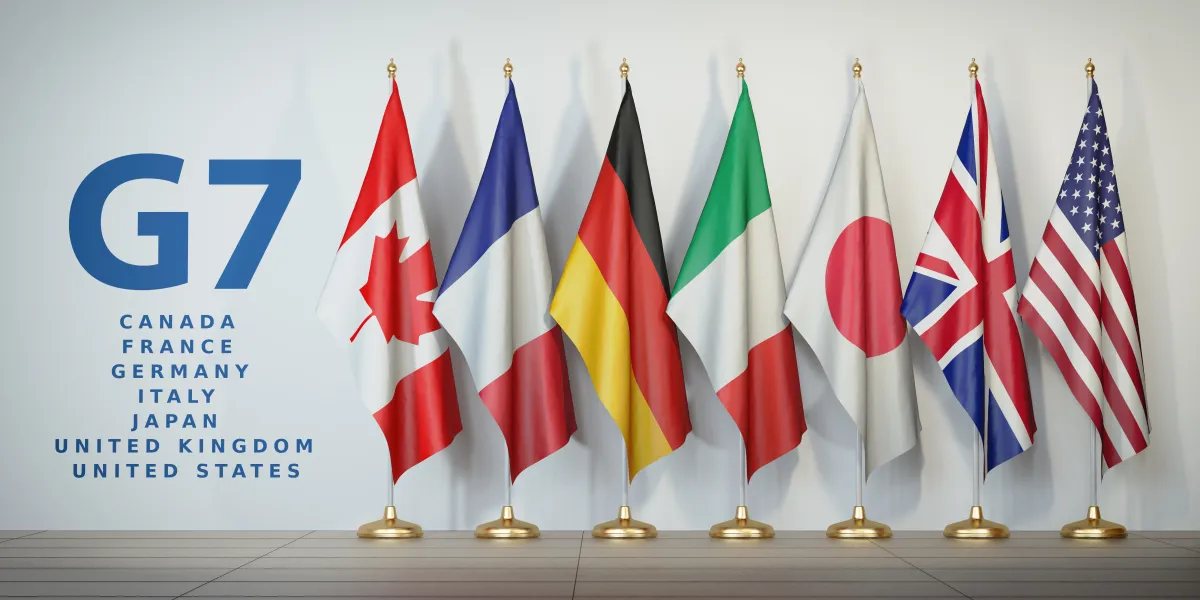Yesterday, French Finance Minister Bruno Le Maire opposed U.S. Treasury Secretary Janet Yellen’s idea to use $300 billion in blocked Russian assets.
This clash shows deep divides within the Group of Seven (G7) nations on how to handle these funds.
Le Maire, after G7 finance talks, argued that the current global laws do not support such actions, urging more discussion.
Le Maire stressed the need for decisions to rest on global laws. He noted that agreement from the Group of 20 (G20), which includes Russia, China, and others cautious of the U.S., is vital.
Since Russia invaded Ukraine in February 2022, the G7 has been trying to decide what to do with Russia’s frozen assets, aiming for solutions by June.

The debate grew at a G20 finance ministers’ meeting in São Paulo, showing much work is needed for agreement.
Japan’s vice finance minister, Masato Kanda, mentioned ongoing talks to find legal actions.
Divides in G7 Over Seized Russian Billions
Yellen pushed for using the Russian funds to help Ukraine, claiming strong legal, economic, and moral grounds.
She referred to the “countermeasures theory” for legality. In contrast, Le Maire called for wider agreement.
Despite disagreements, a Western official saw G7 unity on holding Russia responsible.
They considered using the EU’s extra profits from these assets, a plan German Finance Minister Christian Lindner backs.
He suggested using the generated interest to aid Ukraine.
The U.S. and Canada also favor strong measures against Russia, but cautious steps remain, focusing on legal compliance.
The urgency rises as the U.S. delays more aid to Ukraine, and experts see a long process to use the assets, requiring laws in nations holding Russian funds.
Yellen played down risks but addressed worries about affecting key global currencies.
This ongoing debate highlights the complexity of global laws and the need for united global action in face of geopolitical issues.

